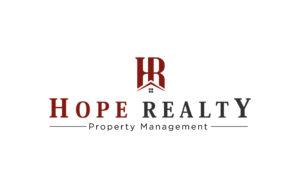Investing in real estate can be one of the most rewarding ways to build long-term wealth, and single-family rentals are often a popular first step. But managing a rental home isn’t always as simple as finding a tenant and collecting rent. The day-to-day responsibilities and long-term considerations for single-family properties are very different from multifamily or apartment management.
Here are some of the key things that make managing single-family rentals unique — and what owners should keep in mind.
1. Tenant Relationships Feel More Personal
Tenants who rent single-family homes often see them as their “home” rather than a temporary stop. They’re more likely to stay longer, care for the property, and put down roots in the community. That’s a huge benefit to landlords, but it also means expectations for communication, maintenance, and responsiveness are higher. Owners need to be ready to handle requests with care and professionalism.
2. Turnover Looks Different
When a tenant leaves a single-family rental, the gap can feel bigger than in a multifamily building where multiple leases renew at different times. Vacancy means 100% loss of rental income until a new tenant moves in. Careful pricing, strong marketing, and good tenant retention strategies are critical to minimizing that downtime.
3. Maintenance Costs Can Be Higher Per Unit
In multifamily buildings, shared systems (like one roof or one HVAC system) spread costs across multiple units. With single-family rentals, each home has its own systems — its own roof, appliances, plumbing, and yard. That makes preventative maintenance and regular inspections especially important, because every issue directly affects the rental’s performance.
4. Location Plays a Huge Role
Single-family rentals are often chosen for their school districts, neighborhoods, and access to amenities. Tenants may pay a premium for a well-located property that feels like a true home. For owners, that means staying competitive with local market rents while also keeping an eye on neighborhood trends that influence long-term value.
5. Legal Compliance Still Matters
Even with just one property, landlords must comply with state and local rental laws. In Virginia, that can mean handling security deposits correctly, providing safe and habitable conditions, and following the proper process for lease enforcement or eviction. Staying informed protects both the owner and the tenant relationship.
Final Thoughts
Single-family homes can be an excellent investment — offering stability, long-term tenants, and the potential for strong appreciation. But they do require attentive management, a clear understanding of the local rental market, and a commitment to maintaining both the property and the landlord-tenant relationship.
For landlords, whether you self-manage or work with a property management company, understanding these unique aspects of single-family rentals is key to maximizing your investment.




